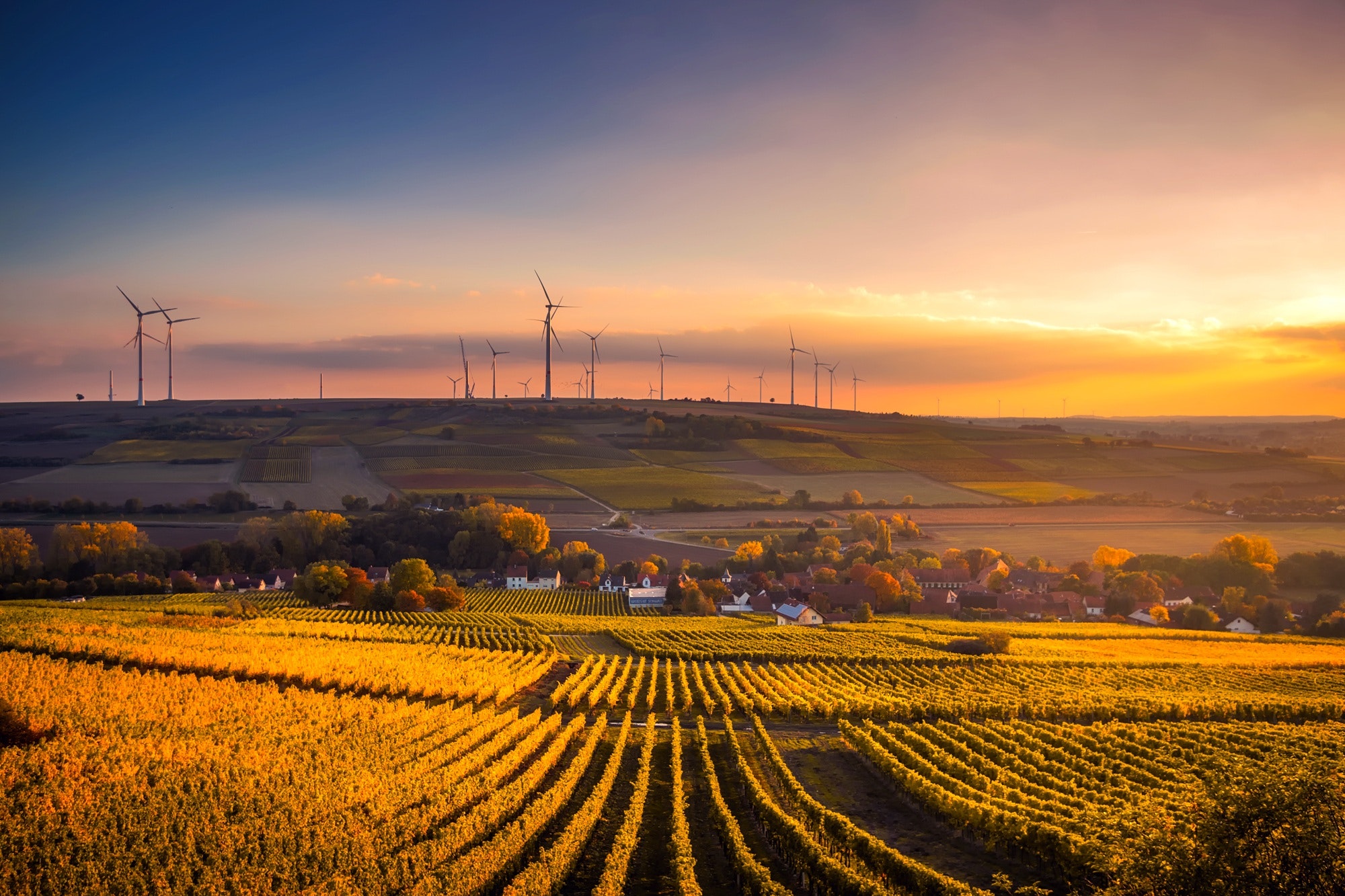- en
- fr
Skills Shortage Might Postpone Europe’s Energy Transition
According to analysts, a lack of skilled workers in the renewables sector, which generally still pays less than the oil and gas sector, could impede Europe’s ambitious green energy plans.

“As increased deployment of clean energy technologies further boosts job creation, both current and future workers will need to be equipped with the requisite expertise to maximise benefits from this growth and to avoid bottlenecks caused by skills and labour shortages,” the International Energy Agency (IEA) said last year in a report on skills development for the transition.
If the objectives are to be met, according to the WindEurope association, the offshore wind workforce in Europe alone must increase from 80,000 today to 250,000 by 2030.
“Investments alone don’t manufacture blades, navigate vessels or operate wind farms. Above all, national Governments must support building up the necessary skills base,” the association added.
“People are not developing green skills at anywhere near a fast enough rate to meet climate targets,” says Sue Duke, head of global public policy for the professional network LinkedIn.
Although the EU recently established a sizable partnership to develop skills in renewable energy, the pay gap between jobs in the oil and gas industry and jobs in the green energy sector still favors the conventional energy industry. Jobs in renewables don’t typically pay more than high-carbon jobs despite the higher skill requirements, which “is problematic for attracting workers into low-carbon jobs,” according to a study by the Grantham Research Institute at the London School of Economics earlier this year.
Energies
